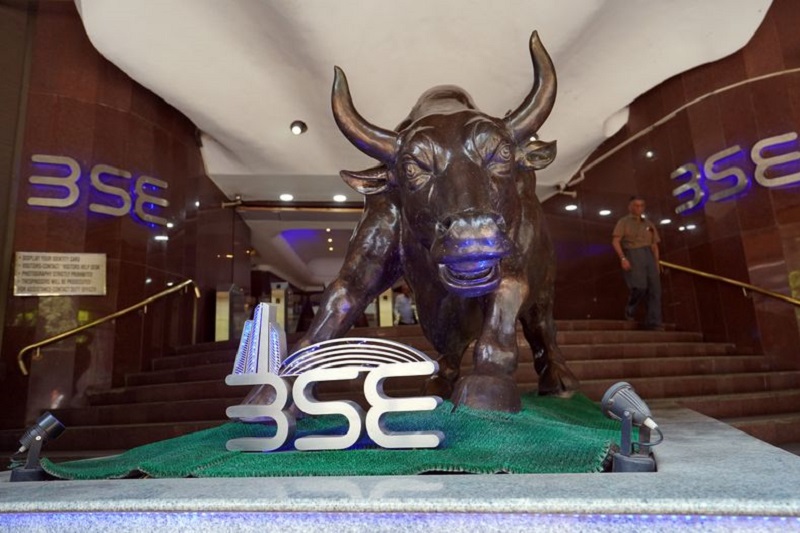Investing.com – Morgan Stanley analysts expect the rally in Indian equities to continue in the coming years, especially after the 2024 general election results showed the BJP-led NDA will be elected to a third term.
Although the NDA won a smaller majority, MS said maintaining a majority still represented a predictable outlook for policy and noted improvements in India’s macro stability and overall economic conditions.
To this end, the brokerage forecasts an annual growth rate of 12% to 15% over the next five years.
“The election results are likely to usher in further structural reforms and bolster our forecast of 20 percent annual revenue growth over the next five years. We believe this will be the longest and strongest bull market in India ever,” MS analysts wrote in a note.
In India, the Sensex fell sharply from record highs earlier this week after general election results showed the NDA winning a much smaller majority than expected while the Congress-led INDI alliance strengthened. This has led to some fears that the NDA will face even more opposition in enacting sweeping policy changes.
But the NDA is still expected to form the government for a third consecutive term, with incumbent Prime Minister Narendra Modi remaining in office.
Indian shares have largely recovered over the past two days, following this trend, returning to peaks seen earlier in the week.
Investors have generally welcomed Modi’s business-friendly policies over the past 10 years, with India’s economic growth outpacing global peers as the government invested in infrastructure and improving manufacturing capabilities.
M.S. said the trend is likely to continue over the next five years, while additional economic reforms carried out by the BJP are intended to improve India’s economic stability.
The brokerage said it is overweight in the financials, technology, consumer discretionary and industrials sectors and underweight in others. MS also said it favors cyclicals over defensive stocks and large-cap small-caps.
However, MS noted some risks for Indian equities related to lagging bureaucracy and infrastructure, potential impact of artificial intelligence on India’s tech sector, climate change and sluggish reforms.


